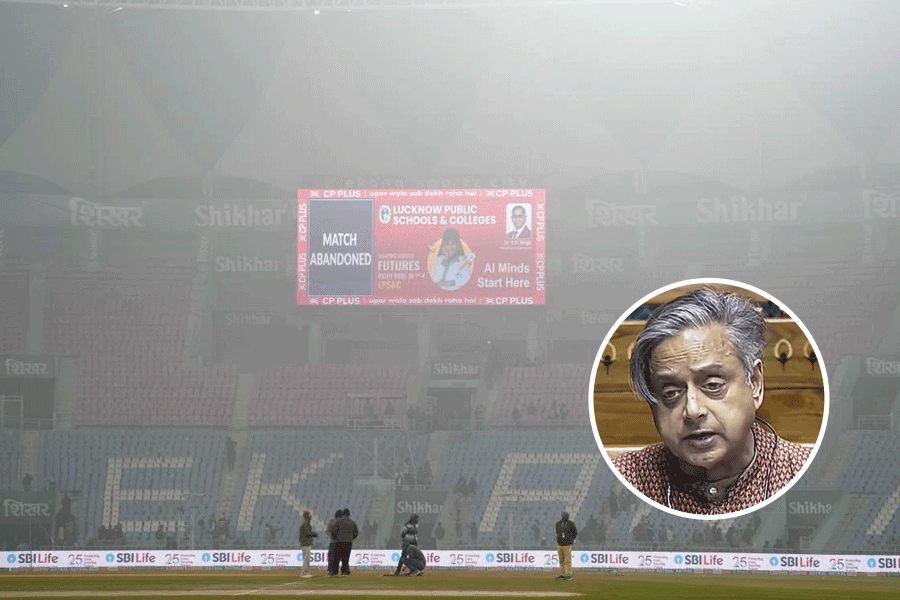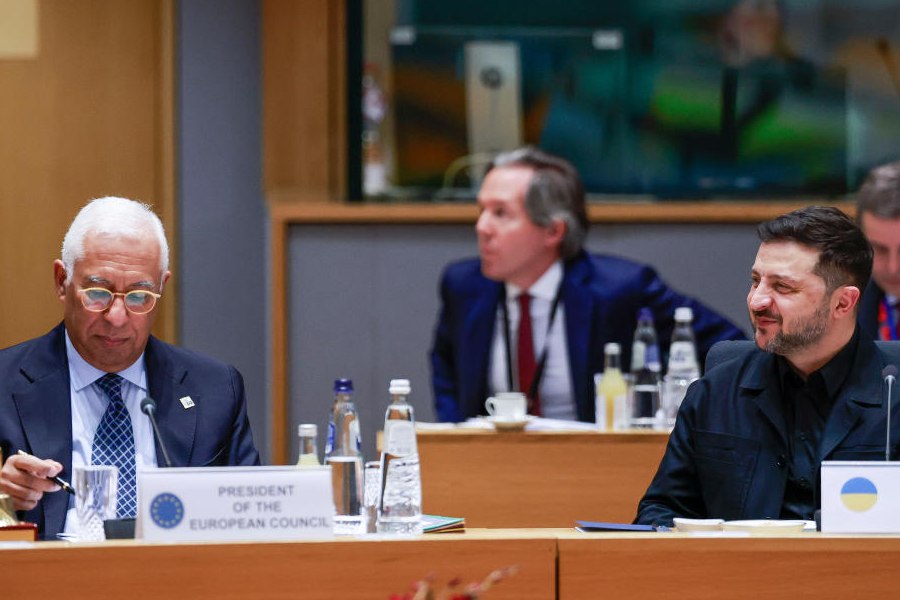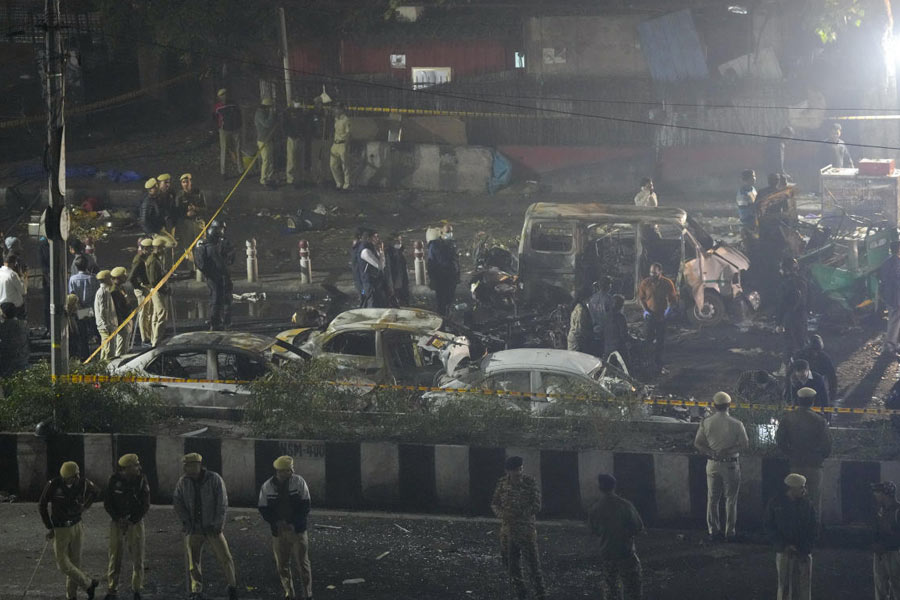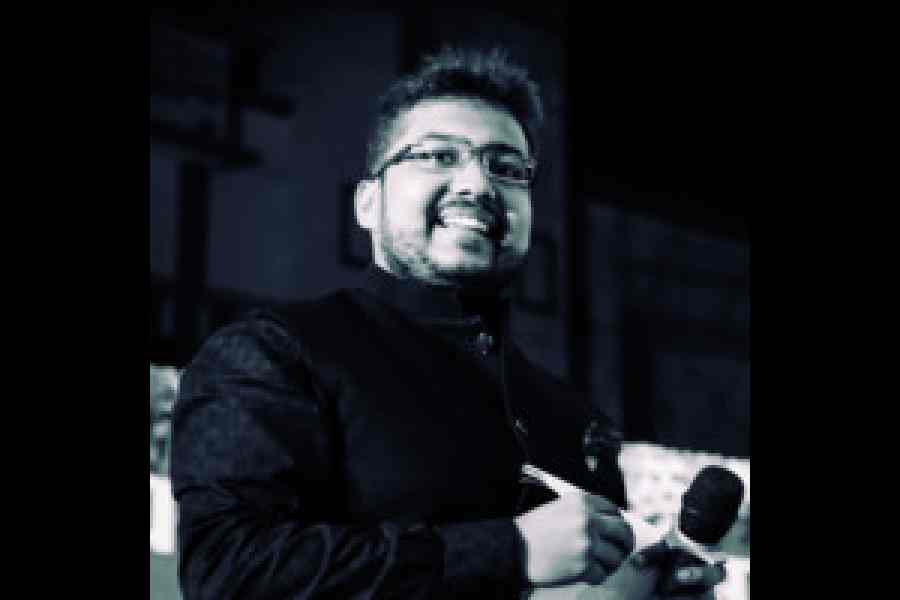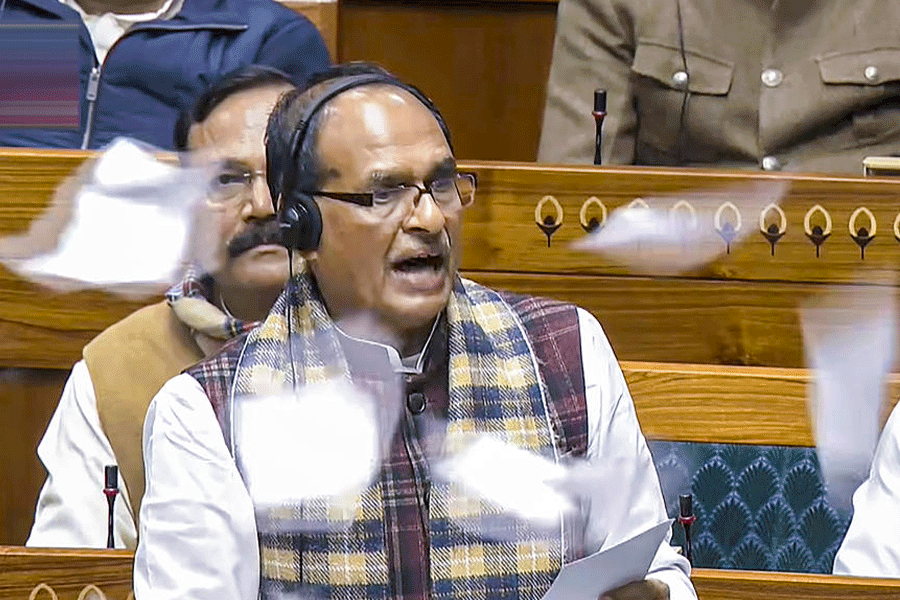China's Parliament on Monday concluded its weeklong annual session with a call to people to rally behind President Xi Jinping, ditching for the first time the decades-old practice of the Premier’s press conference to expound on the slowdown of the world's second-largest economy, rising unemployment and the complex geo-strategic environment faced by the country.
The annual session of the National People’s Congress (NPC), termed as a rubber stamp Parliament by critics for its routine endorsement of the ruling Communist Party's policies, endorsed the annual budget which fixed a moderate “around” five per cent official target besides whopping USD 232 billion defence spending next only to the US to modernise the military.
During the sessions, members of the NPC and the national advisory body the Chinese People’s Political Consultative Conference (CPPCC) spoke of standing united behind Xi’s leadership as the country faced more internal and external challenges amid the economic slowdown and declining business sentiment.
Premier Li Qiang, 64, a close confidant of Xi holding the rank of number two leader in the party hierarchy presented his maiden work report to NPC on the opening day with a prior announcement that he would not address the customary press conference, a tradition followed from 1988 by his former colleagues to answer officially screened questions from the national and foreign media mainly on the state of the economy, people’s issues and Beijing's world view on complex issues.
The nationally televised Premier’s press conference on the last day of the NPC is widely watched all over the country as it covered several local issues concerning people’s lives in a closed political system.
The government has not given any reason for doing away with the practice while critics spoke of the dimming spotlight on the Premier’s office amid the growing consolidation of powers by Xi, 70, who became the only Chinese Communist Party leader after founder Mao Zedong to continue in power after two terms.
Xi, who is also the General Secretary of the CPC, the military besides the Presidency, unlike his predecessors who quit after a ten-year tenure was elected for a third five-year term by the party last year.
“The dimming of the spotlight on the premier, along with a shorter congress this year, are all signs of ongoing structural change within the Chinese Communist Party (CCP) where President Xi Jinping is increasingly accumulating power at the expense of other individuals and institutions,” Alfred Wu, an associate professor at the National University of Singapore, told the BBC.
A notable legislation in the present meeting of the NPC passing of the “Organic Law of the State Council”, China's version of a Cabinet which follows the vision of Xi, who emerged as the “core” leader of the party.
The notable media interaction during the current NPC session was by Foreign Minister Wang Yi who dismissed pessimistic sentiments over the continued slowdown of the Chinese economy.
China’s economy which grew by 5.2 per cent last year shows that China remains strong as an engine for growth, Wang said.
“Spreading pessimistic views on China will end up harming oneself, and misjudging China will result in missed opportunities,” Wang said.
During the session, Chinese officials played down concerns over the rising unemployment and pledged to stabilise and expand employment and improve people's livelihoods as a priority of its overall socio-economic development efforts.
In his interventions in the NPC proceeding, Xi underscored the importance of developing new quality productive forces based on local conditions and stressed the need to strengthen basic research in applied sciences, achieve breakthroughs in core technologies in key fields, and foster new drivers for developing new quality productive forces.
Xi also called for pursuing common prosperity for all to be an essential feature of Chinese modernisation, according to official media reports.
Except for the headline, this story has not been edited by The Telegraph Online staff and has been published from a syndicated feed.


